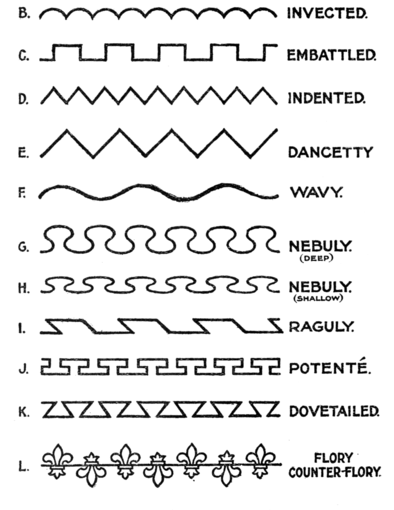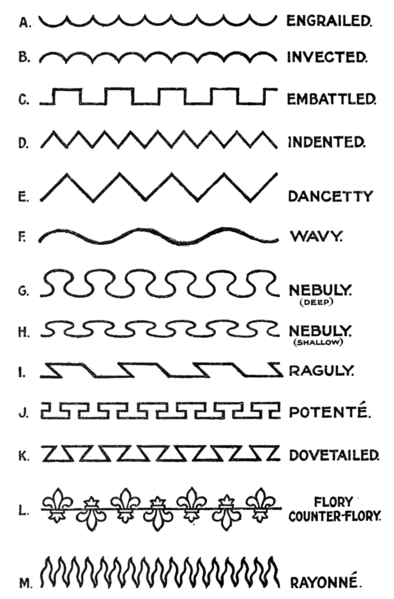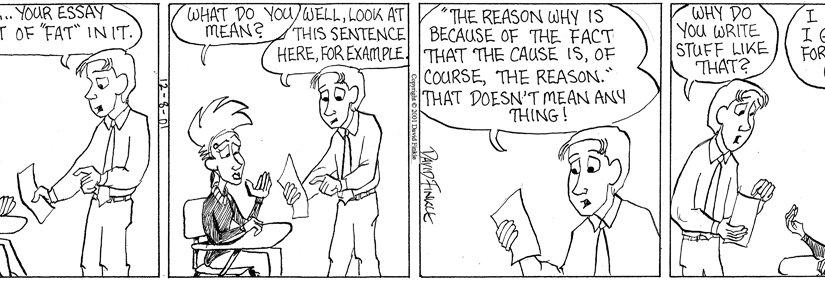Well, how to write a review that speaks ill of something. I presume your reviews are all well written. These example images are so colorful, I think you’ll enjoy them, and the color should help you remember the main principle behind writing a scathing review:
Don’t waste your time panning mediocre bad things. Save your effort for the really bad big fish.
Here’s a selection from a review by the New York Times restaurant critic:
“The shrimp cocktail tasted like cold latex dipped in ketchup and horseradish.” And “[I] look forward to eating the German fried potatoes as much as [I look] forward to finding a new, irregularly shaped mole.”
https://news.bloomberglaw.com/us-law-week/insight-what-a-peter-luger-steak-house-review-can-teach-lawyers-about-effective-legal-writing
Many times you’ll encounter things that aren’t particularly good, but they also aren’t particularly important.
If you gotta criticize, don’t waste your time.
Here’s a pic of the restaurant. I don’t have a picture of the reviewer, Pete Wells.





